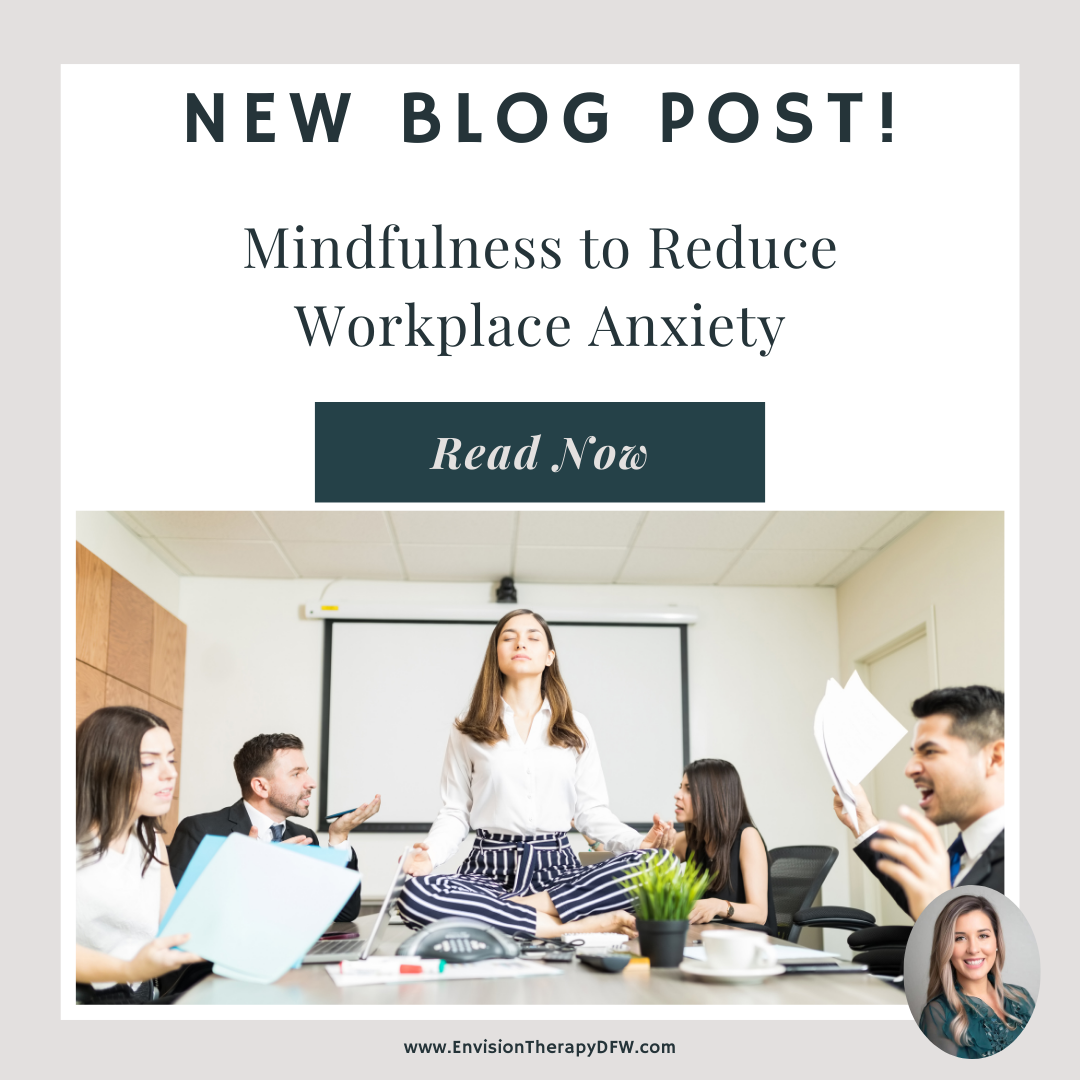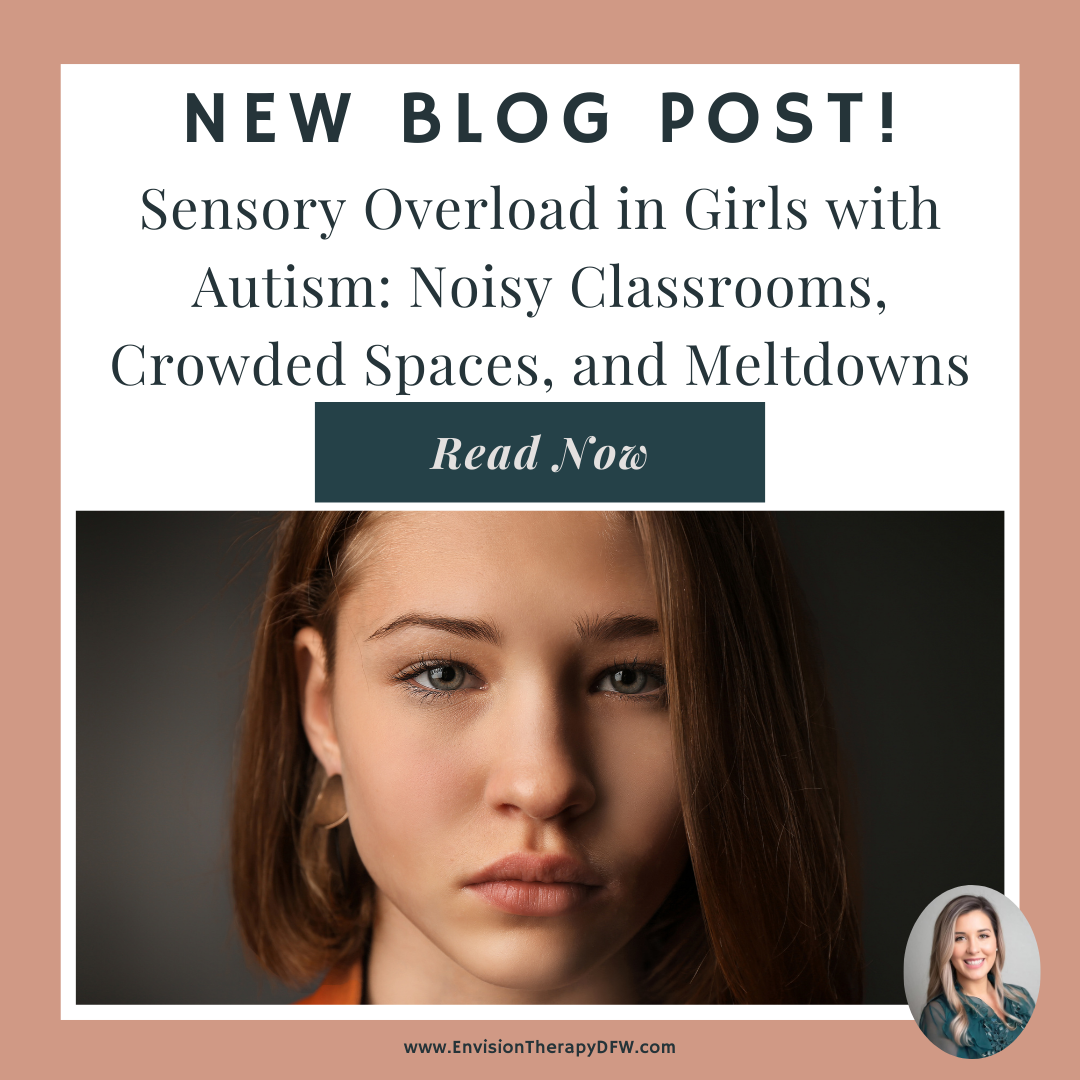-

10 Proven Techniques to Reduce Stress in Your Daily Routine
•
Stress doesn’t have to control your life. This article outlines 10 proven techniques to reduce stress in your daily routine, from deep breathing to mindful time management. These strategies will help you navigate your day with more ease and calm, whether you’re at work, at home, or on the go. Take the first step…
-

How Seasonal Changes Can Affect Your Stress Levels – And What to Do About It
•
Seasonal changes can significantly impact our stress levels, with reduced daylight, colder weather, and holiday pressures all playing a role. In this article, we explore why these seasonal shifts affect us and offer practical techniques to help you stay grounded. Whether it’s using light therapy, adjusting your exercise routine, or practicing mindfulness, these simple…
-

Mindfulness to Reduce Workplace Anxiety
•
Curious about mindfulness but don’t know where to begin? These beginner-friendly exercises can help calm your mind and reduce anxiety right now. In the workplace, stress and anxiety can quickly build up. Deadlines, back-to-back meetings, and constant notifications leave many of us feeling overwhelmed. If you’re feeling this way, you’re not alone—but there’s a…
-
The Universality of Grief: How We’re All Connected Through Loss
•
Grief is as personal as a fingerprint, yet it’s something every human experiences in life. Though our individual losses may differ, the emotions of grief—sadness, anger, love—are universal. In this talk, we explore the delicate balance between the deeply unique nature of grief and the collective threads that connect us all. From the profound…
-

Managing Performance Anxiety: Thriving Under Workplace Pressure
•
Performance anxiety is one of the most common challenges in high-pressure work environments. This article dives into the neurobiological roots of performance anxiety, from the amygdala’s role in triggering fear responses to the effect of cortisol on your ability to focus. We’ll explore why new projects, deadlines, and constant evaluation can create the perfect…
-

The Science Behind Fall Burnout: Understanding and Combating Fall Fatigue
•
As the summer comes to an end and fall ushers in new work demands, many of us find ourselves grappling with burnout. This article explores the neurobiological reasons behind why burnout strikes hardest during this time of year. From the impact of chronic stress on the prefrontal cortex and amygdala to the role cortisol…
-

Sensory Overload in Girls with Autism: Noisy Classrooms, Crowded Spaces, and Meltdowns
•
For girls with Autism, sensory overload is a significant challenge that can make everyday environments feel overwhelming. Noisy classrooms, bright fluorescent lights, and crowded hallways are just a few common sensory triggers that can lead to shutdowns or meltdowns. These girls experience the world in a heightened state of awareness, with every sound, light,…
-

The Challenge of Change: Autism in Girls and Routine Disruptions
•
For girls with Autism, routine isn’t just a preference—it’s a necessity for feeling safe, grounded, and in control. But when changes in routine occur—like a substitute teacher, a sudden shift in schedule, or a change in family plans—these disruptions can lead to intense stress, anxiety, and emotional reactions. In this talk, we dive into…
-

Hyperfocus and Autism in Girls: Strengths, Struggles, and Support
•
Girls with Autism often display a unique tendency to hyperfocus on specific interests, immersing themselves deeply in a topic they love. This hyperfocus can be a source of passion, expertise, and joy, but it can also lead to challenges—particularly in school, social relationships, and at home. While these girls may struggle to balance their…

